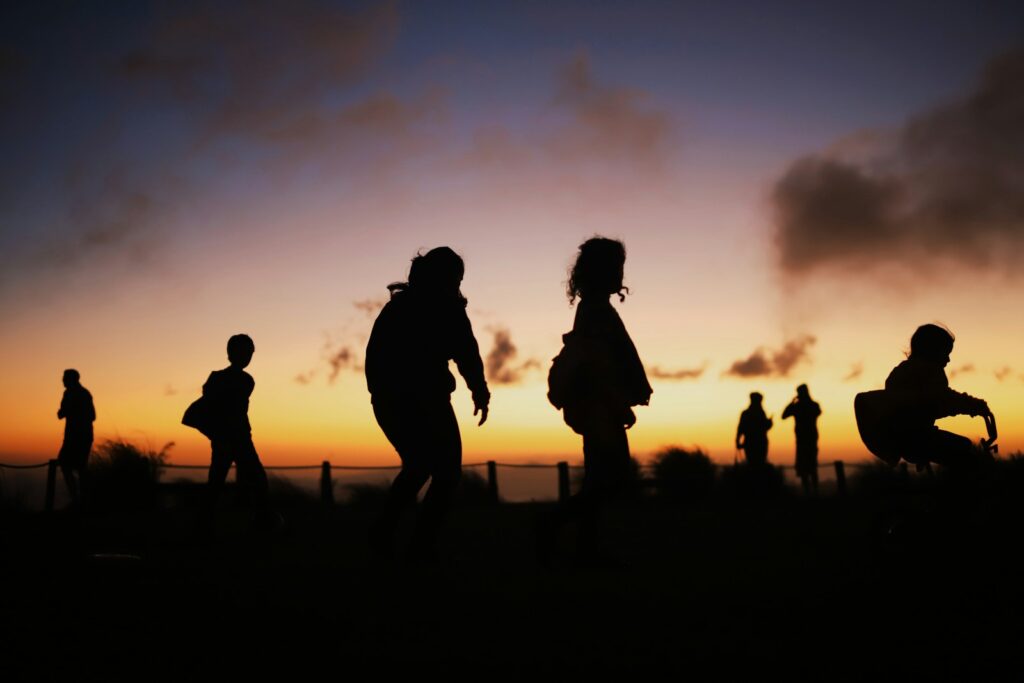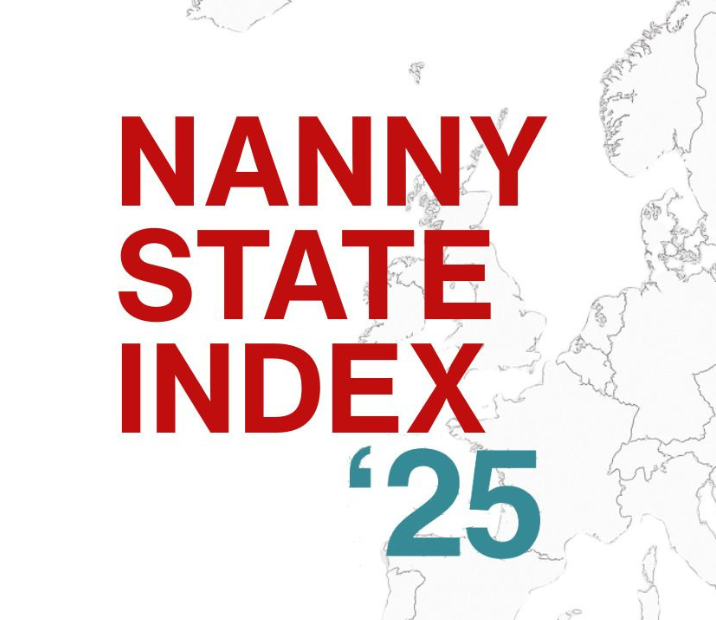
Digital Tax. Consumers Will Pay for Political War
Deputy Prime Minister and Minister of Digital Affairs Krzysztof Gawkowski recently announced plans to introduce a digital tax in Poland on the revenues or profits of big tech corporations operating in the country.¹ The funds raised would be used to subsidize the development of Polish companies and start-ups in the digital technology sector and media.




![Trump’s Gambit with Piotr Buras [PODCAST] Trump’s Gambit with Piotr Buras [PODCAST]](https://4liberty.eu/phidroav/2025/08/Liberal-Europe-Podcast-2024-39-1024x1024.png)



![Kosovo on Global Stage with Drilon S. Gashi [PODCAST] Kosovo on Global Stage with Drilon S. Gashi [PODCAST]](https://4liberty.eu/phidroav/2025/08/1-1024x1024.png)


